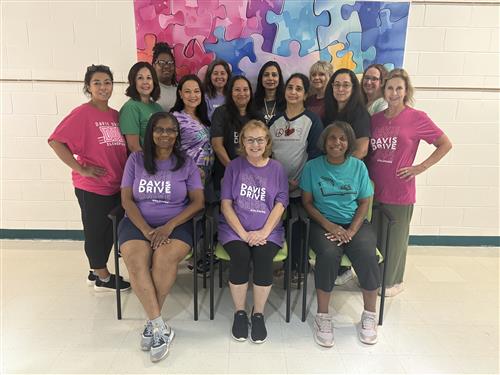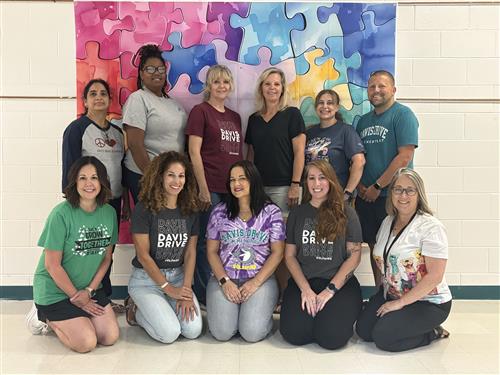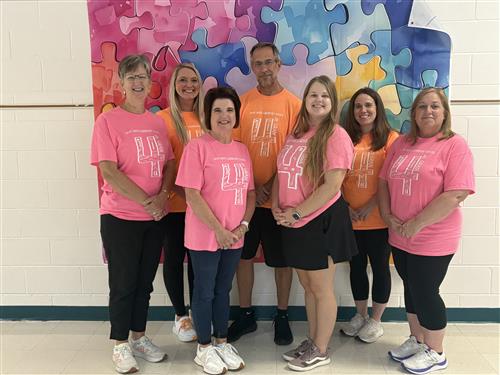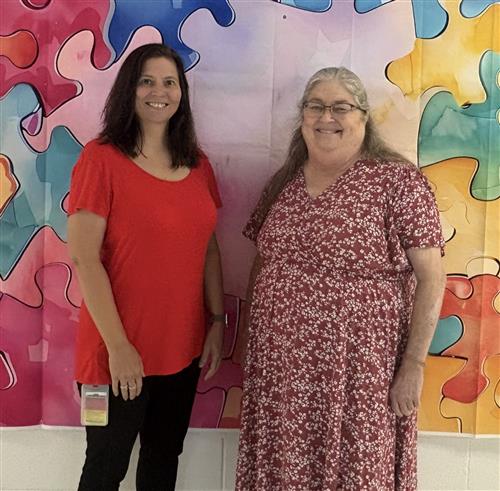-
Grade Level Teams and Programs
Grade Level Teams
-
Kindergarten
-
First Grade
-
Second Grade
-
Third Grade

-
Fourth Grade
-
Fifth Grade
Programs
-
Counseling

-
Multi-Tiered System of Support (MTSS)
Definition
NC MTSS is a multi-tiered framework which promotes school improvement through engaging, research-based academic and behavioral practices. NC MTSS employs a systems approach using data-driven problem solving to maximize growth for all.
North Carolina’s MTSS Critical Components
Leadership
Leadership is key to successful implementation of any large-scale innovation. The building principal, assistant principal(s), and school leadership team are critical to implementing MTSS at the school level. They engage staff in ongoing professional development for implementing MTSS, plan strategically for MTSS implementation,
and model a problem-solving process for school improvement. The school principal also supports the implementation of MTSS by communicating a vision and mission to school staff, providing resources for planning and implementing instruction and intervention, and ensuring that staff have the data needed for data-based problem solving.
Building the Capacity/Infrastructure for Implementation
School-wide capacity and infrastructure are required in order to implement and sustain MTSS. This capacity and infrastructure usually include ongoing professional development and coaching with an emphasis on data-based problem-solving and multi-tiered instruction and intervention; scheduling that allows staff to plan and implement instruction and intervention; and processes and procedures for engaging in data-based problem-solving.
Communication and Collaboration
Ongoing communication and collaboration are essential for successful implementation of MTSS. Many innovations fail due to a lack of consensus, lack of feedback to implementers to support continuous improvement, and not involving stakeholders in planning. In addition to including stakeholders in planning and providing continuous feedback, it is also important to build the infrastructure to communicate and work with families and other community partners. These practices increase the likelihood that innovative practices will be implemented and sustained.

Data-Based Problem Solving
The use of data-based problem-solving to make education decisions is a critical element of MTSS implementation. This includes the use of data-based problem solving for student outcomes across content areas, grade levels, and tiers, as well as the use of problem-solving to address barriers to school wide implementation of MTSS. While several models for data-based problem-solving exist, the four step problem-solving approach includes: 1) defining the goals and objectives to be attained, 2) identify possible reasons why the desired goals are note being attained, 3) developing a plan for implementing evidence-based strategies to attain goals, 4) evaluating the effectiveness of the plan.
Three Tiered Instructional/Intervention Model
The three-tiered instructional/intervention model is another critical element of MTSS implementation. In a typical system, Tier 1 includes the instruction all students get; Tier 2 includes supplemental instruction or intervention provided to students not meeting benchmarks; and Tier 3 includes intensive, small group or individual interventions for students showing significant barriers to learning the skills required for school success. It is important to consider both academic and social-emotional/behavioral instruction and interventions when examining this domain.
Data-Evaluation
Given the importance of data-based problem-solving within an MTSS model, the need for data and evaluation system is clear. In order to do data-based problem solving, school staff need to understand and have access to data sources that address the purposes of assessment. Procedures and protocols for administering assessments and data use allow school staff to use student data to make educational decisions. In addition to student data, data on the fidelity of MTSS implementation allow school leadership to examine the current practices and make changes for improving MTSS implementation.
(North Carolina’s critical components were adapted from collaboration with Florida’s MTSS work)
-
Single Subject Acceleration
-
Instructional Assistants

-
Student and Instructional Support
-
Special Education











